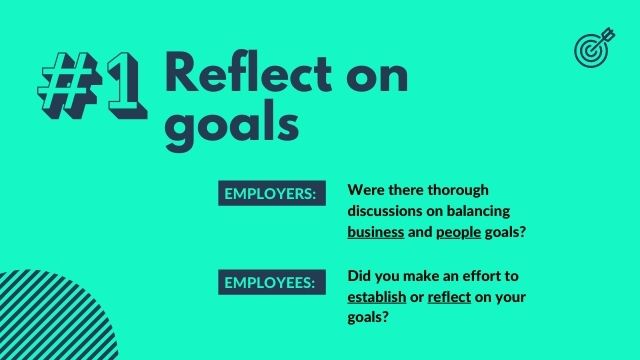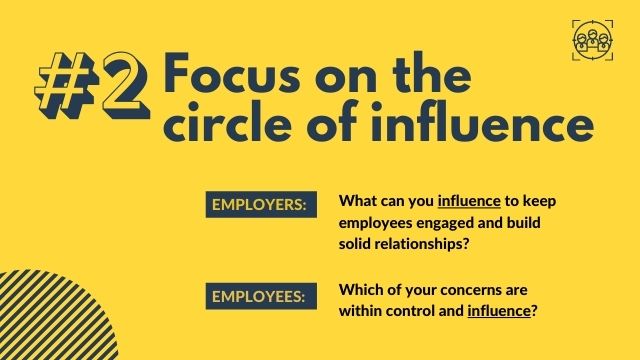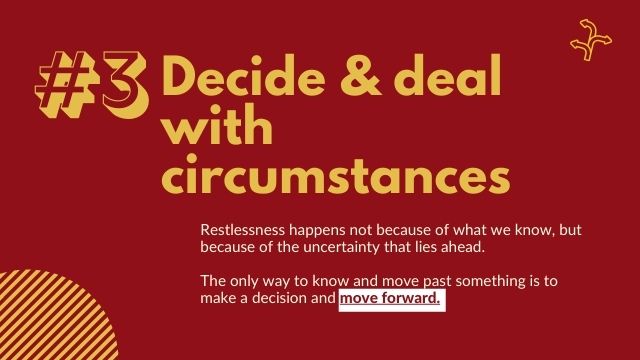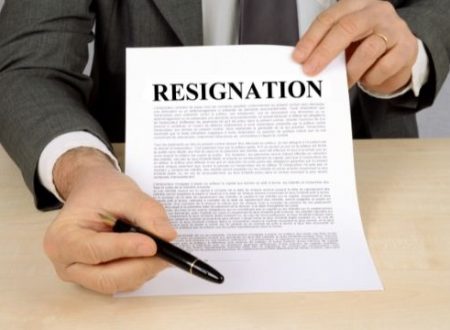Resignations are a common bane of the corporate ecosystem. It’s hard to plan or prepare for resignations because work relationships may be awkward or severed and come as a surprise.
Of course, there are also positive outcomes to it. But resignations are generally tough to deal with.
Globally, “The Great Resignation” is drawing a lot of interest and attention. A survey by Microsoft shows that as much as 40% of the global workforce is considering resignation.
Some say the phenomenon is the result of employees’ pent-up frustrations in the past few years and the pandemic was just a trigger. Some say the newfound flexibility of remote work has changed the nature of work forever and employees want self-sustainability.
The same study revealed that over 70 per cent of workers want flexible remote work options to continue and will seek employers that can accommodate this.
If you are an employee thinking of resigning, you can prepare for resignations before it happens by considering the below:

1. Reflect on goals to prepare for resignations
Employers: There is much to consider with regards to your team’s motivation and current state of mind. More often than not, people do not prepare for resignations because the well-being of employees may have been overlooked in pursuit of business/organisational goals.
Considerations:
- Have your goals in the past 10-12 months included employee retention?
- What have been some conscious efforts to keep employees engaged?
- Have there been thorough discussions on balancing business and people goals?
- Are the team goals set earlier in the year still valid and relevant to current and upcoming circumstances?
Employees: The pandemic has been exceptionally tough on everyone in many ways. Dealing with change and uncertainty is exhausting. Comparing our perceived current state with others’ social media life just adds to the frustration. But before we resign, we need to be clear on our own goals.
Considerations:
- What are your career goals? Your financial goals? Your relationship goals? Your life goals?
- How much does your current role allow you to build towards those goals?
- Have you made a significant effort to really establish/reflect on your own goals?
- Have you made actual plans to achieve your goals or have you been going with the flow (and thus, getting frustrated with the current challenges rather than focusing on the outcome you want to achieve)?

2. Focus on your circle of influence more than your circle of concern
Employers: We may be quite concerned with employees’ performance, engagement, and commitment. And we may never really know what goes on in each employee’s life that may affect their decision to stay or leave. There’s plenty we can be concerned about when it comes to employee retention, but there’s only so much we can actually influence to manage it.
Considerations:
- What am I concerned about? How many of these concerns are within my control/can I do something about?
- What can I actually influence to keep employees engaged and build solid relationships with my people?
- Have I taken steps to share my concerns with the team and explore their concerns as well?
- Have I considered what my team members/subordinates can do to influence positive behaviours that will encourage retention?
Employees: We have much to be concerned about as well, as this involves our livelihood and wellbeing. But we should also take time to realise what we are concerned about (but are beyond our control) versus what we can actually influence (and do something about it)
Considerations:
- What am I spending most of my time and energy being concerned about?
- Are these concerns within my control?
- What have I done to manage these concerns?
- What is within my circle of influence that can help me focus on more beneficial activities?

3. Decide and deal with the consequences of resignation
Have you ever had that restless feeling before delivering an important presentation? Or maybe the uneasiness before going on a trip to a place you are not familiar with? Perhaps even the nervousness when you are meeting new people?
Most of the time, we get restless not because of what we know, but more of what we don’t know. The uncertainty of the situation makes us worry because we have a natural need for certainty and a fixation on what-ifs/what could be.
With so many possible outcomes, it’s near impossible to know exactly how things are going to be before they happen.
We usually only know for sure when we have moved past it. And the only way to move past something is to make a decision and move forward.
For both employers and employees, regardless of the situation or challenges faced, there will always be uncertainties. We’ll never really know if team members will choose to leave or stay. We’ll never really know what it will be like if we ourselves choose to continue in the current team or quit and try something else. We will only know once a decision is made.
Employers: If an employee decides to leave, accept the decision and make the best of the consequences for yourself and your remaining team.
Employees: If you decide to resign, accept what you will let go from one opportunity and embrace the uncertainty of a new one. If you decide to stay, make the best of what you have and stop wondering how it would be like if you did otherwise.
Hopefully, with these considerations, you can manage your own restlessness when it comes to resignations.
